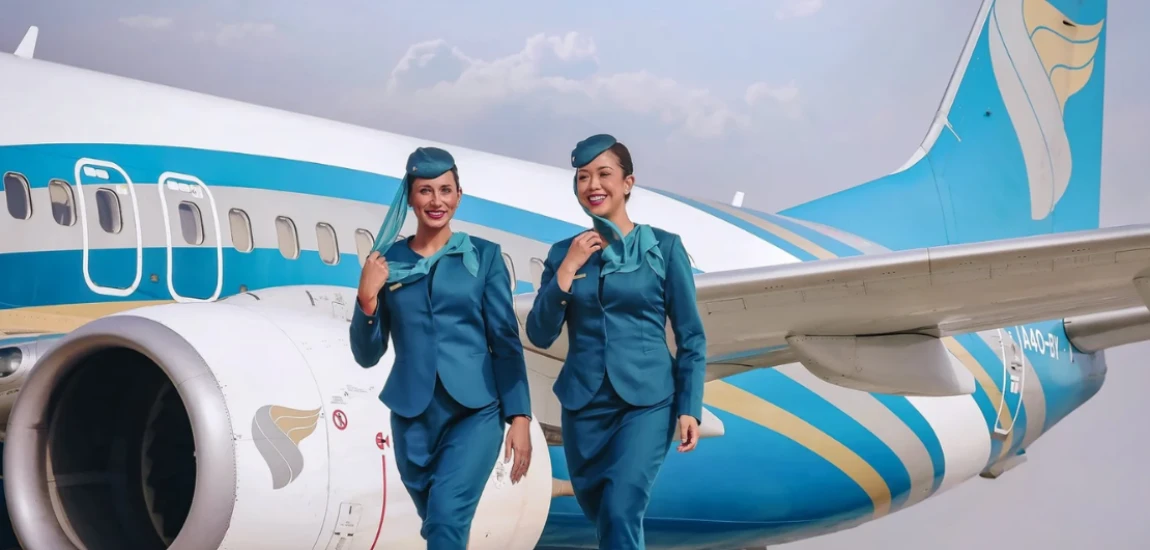
In the age of global travel, flight miles are more than just numbers—they're currency. They offer the ability to upgrade cabins, book free flights, access lounges, and gain elite statuses. Whether you're a frequent flyer or planning your next international trip, understanding which airlines give you the most miles for your flight is critical to maximizing your travel value.
Different airlines have different mileage earning structures. Some base miles solely on the distance flown, while others calculate based on the fare paid. Moreover, partnerships between airlines can significantly affect your rewards, allowing you to earn miles across alliances like Star Alliance, Oneworld, and SkyTeam.
In this article, we’ll break down mileage-earning strategies based on facts—not fluff. We compare airline loyalty programs, reward rates, and earning mechanics, focusing on the question every savvy traveler asks: Which airlines give you the most miles for your flight? From economy class to business and first, we’ll show you where your miles stretch the furthest.
By the end, you’ll be equipped with actionable knowledge to ensure your next flight is not just about the destination, but also about how many rewards you can rack up on the way.
Delta Air Lines was one of the first major carriers to shift from distance-based to revenue-based mileage accrual. In the SkyMiles program, the number of miles you earn is tied directly to the ticket price (base fare + carrier-imposed surcharges), not the flight distance.
General Members: 5 miles per dollar spent
Silver Medallion: 7 miles per dollar
Gold Medallion: 8 miles per dollar
Platinum Medallion: 9 miles per dollar
Diamond Medallion: 11 miles per dollar
Example:
A $500 flight (base fare) would yield:
General member: 2,500 miles
Diamond Medallion: 5,500 miles
If you’re flying with a SkyTeam partner (like Air France or Korean Air), mileage is calculated based on distance and booking class—not fare paid.
Pros:
Excellent earnings for premium cabin flyers
Lucrative elite status bonuses
One of the few programs without mileage expiration
Cons:
Discount economy earns fewer miles for price
No distance-based calculation for mainline Delta flights
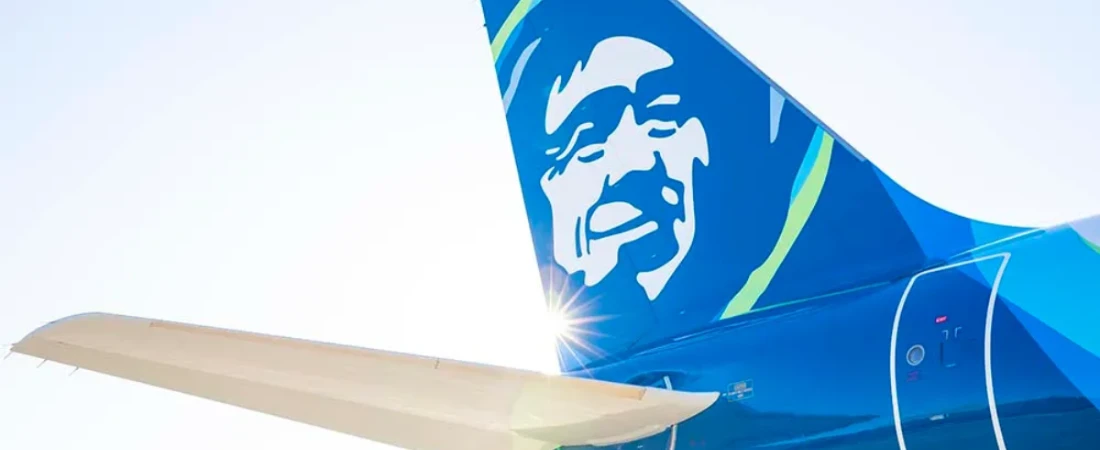
Alaska Airlines remains one of the few U.S. carriers that reward based on distance flown rather than dollars spent. Their Mileage Plan is a favorite among savvy travelers because it offers generous mileage earning—even on discounted tickets.
Base earning: 100% of miles flown in Main Cabin
Bonus: Up to 125% on First Class or elite status
Partner flights: Varies by carrier and fare class
Through Oneworld and other partners like Emirates, Japan Airlines, and Cathay Pacific, you can earn miles on international flights even if you're not flying Alaska directly.
Example:
A Seattle to New York flight (2,421 miles) earns:
Economy: 2,421 miles
First Class with MVP Gold 75K: Over 5,400 miles
Miles are earned based on distance, even for cheap fares
Elite status bonuses add exponential value
Award chart offers better redemptions than competitors
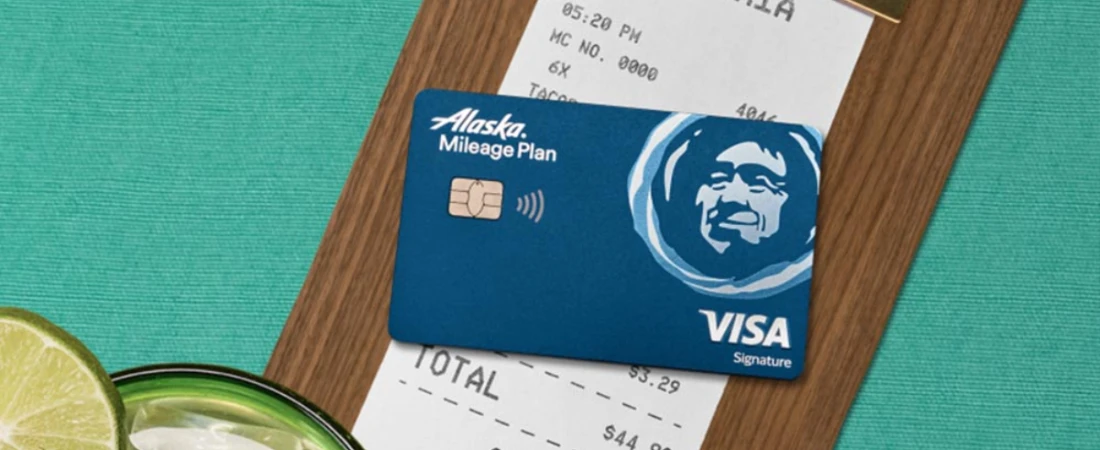
United's MileagePlus program, like Delta, uses a revenue-based mileage model for flights on United metal. For partner flights (like Lufthansa or ANA), miles are based on the flight distance and fare class.
General members: 5x fare
Premier Silver: 7x
Premier Gold: 8x
Premier Platinum: 9x
Premier 1K: 11x
MileagePlus is unique in offering higher earning potential on premium cabin purchases, and the program is especially valuable when booking partner flights in higher fare classes.
A $700 fare (excluding taxes/fees) would yield:
General member: 3,500 miles
Premier 1K: 7,700 miles
Long-haul economy flights on partner airlines
Business class with fare class J, C, D earns up to 200% of distance flown
Pros:
Solid earnings for high spenders
Partner flights offer generous distance-based miles
Lots of Star Alliance opportunities
Cons:
Less rewarding for budget travelers
Complex fare class rules on partners
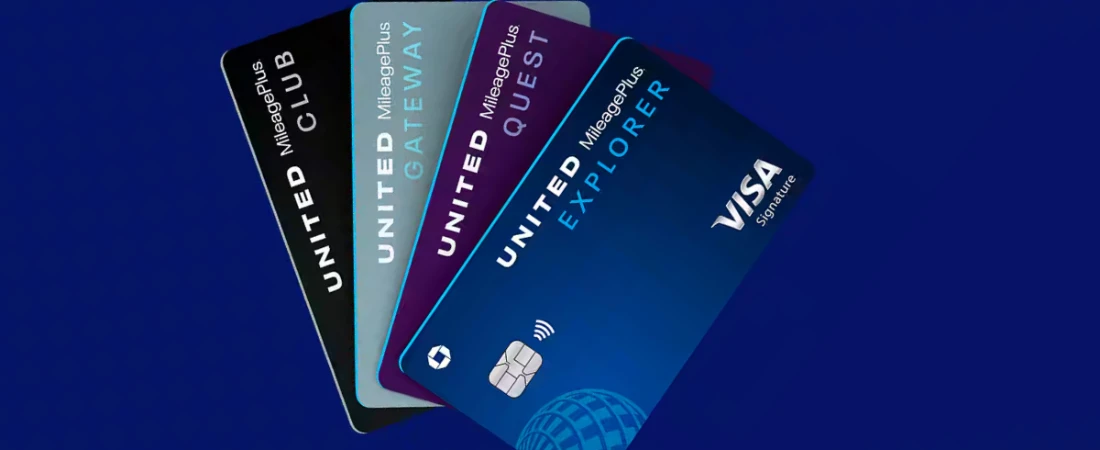
American Airlines' AAdvantage program is also revenue-based on its own flights, while distance + fare class still plays a role on partner airlines.
Base rate: 5 miles per dollar (excluding taxes)
Gold: 7x, Platinum: 8x, Platinum Pro: 9x, Executive Platinum: 11x
With Oneworld partners like Qatar Airways, British Airways, and Japan Airlines, you can earn between 25% and 150% of distance depending on class and airline.
Example:
A $600 base fare flight on American would earn:
General member: 3,000 miles
Executive Platinum: 6,600 miles
Fly partners like Qatar in business (R booking class) for 100%+ distance
Avoid discounted partner economy classes with low accrual
Upgrade opportunities via miles
Award travel at competitive rates, especially off-peak
Excellent redemption value on premium partners like Etihad and Cathay
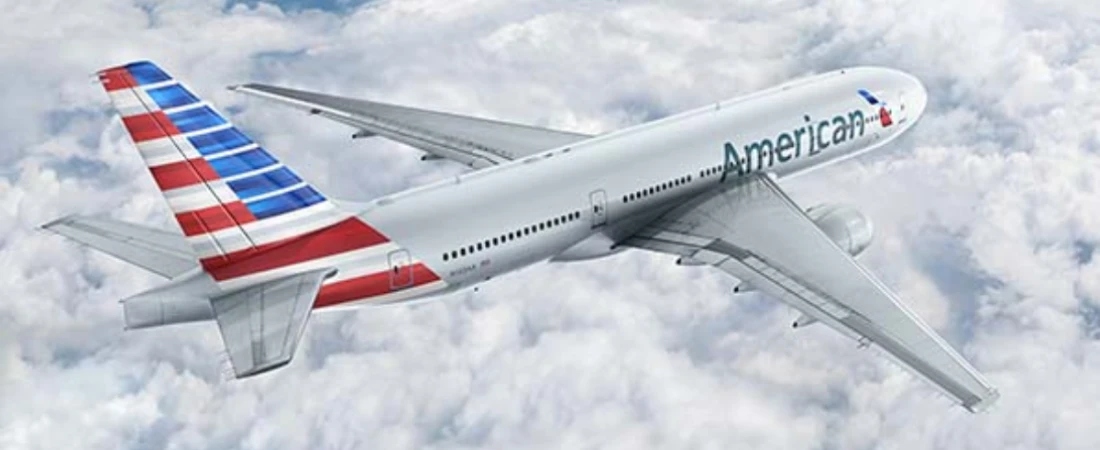
Air Canada’s Aeroplan program provides an interesting hybrid: earnings are distance and fare class-based for both Air Canada and partner flights.
Economy (Standard): 50% of distance
Economy (Flex): 100%
Premium Economy & Business: 115–150%
Partner flights (Star Alliance): 25–200% depending on fare class
Earnings on partners like Singapore Airlines, Lufthansa, or ANA are generous
Fare class transparency helps maximize earnings
Aeroplan points are valuable due to dynamic but often fair award pricing
Example:
Toronto to London (3,548 miles)
Flex fare: 3,548 miles
Business class: Up to 5,300 miles
Aeroplan 25K to Super Elite: 25%–75% mileage bonus
Co-branded credit card holders also get earn multipliers
Pros:
Transparent earnings table
Earn miles easily across Star Alliance
Flexible redemption model
Cons:
Economy Basic earns no miles
Dynamic award pricing may reduce redemption value
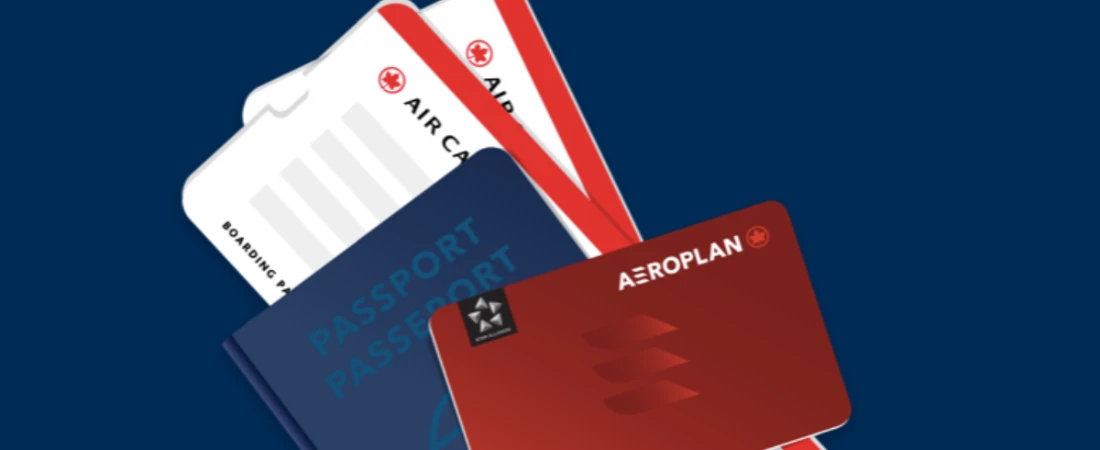
So, which airlines give you the most miles for your flight? The answer depends on your travel habits. If you’re a budget-conscious traveler looking to maximize distance, Alaska Airlines is your best bet. Their distance-based model means even cheap economy tickets rack up significant miles.
If you spend more on premium cabins or book refundable fares, Delta, United, and American offer robust rewards—especially when elite status bonuses are considered. Among them, Delta and United tend to edge out American in terms of miles earned per dollar when flying mainline.
For international travelers leveraging partner airlines, Air Canada’s Aeroplan and American’s AAdvantage open the door to rich earnings via alliance partners. Always review fare class charts and route-based bonuses before booking.
Don’t book solely based on price—check how many miles you’ll earn
Use mileage calculators available on most airline websites
Consider earning on partners when your primary airline offers low returns
Monitor promotions or double mile offers regularly
Ultimately, miles are only valuable if you can use them easily. Choose the program that aligns with how—and where—you fly. Mileage value is more than just numbers—it’s access, upgrades, and unforgettable experiences.
Lina Zhou is a globe-trotting travel writer from Chengdu, China. With a passion for hidden gems and cross-cultural experiences, she shares practical tips, visa guidance, and immersive stories from every corner of the world. When not exploring, she’s sipping tea while planning her next adventure.